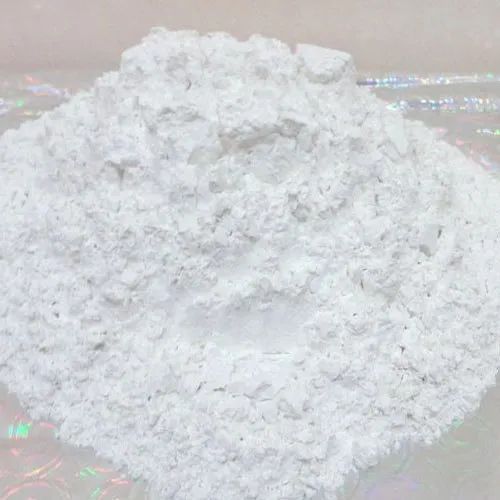Is Lime Better Than Cement Mortar? A Comprehensive Analysis

Mortar is an essential component in the construction industry. It is used to bind bricks, stones, and other building materials together. The two most commonly used types of mortar are lime and cement mortar. In this article, we will analyze the advantages and disadvantages of both types of mortar and determine which one is better.
Advantages of Lime Mortar:
Lime mortar has been used for centuries and is still used today in many construction projects. The following are some of the advantages of lime mortar:
- Flexibility: Lime mortar is more flexible than cement mortar. It can accommodate slight movements in the building without cracking.
- Breathability: Lime mortar is porous, allowing moisture to escape from the walls. This prevents dampness and mold growth.
- Durability: Lime mortar is more durable than cement mortar. It can last for centuries without deteriorating.
- Environmentally friendly: Lime mortar is made from natural materials and is biodegradable. It does not harm the environment.
Disadvantages of Lime Mortar:
Despite its advantages, lime mortar also has some disadvantages:
- Slow setting time: Lime mortar takes longer to set than cement mortar. This can slow down the construction process.
- Weakness: Lime mortar is weaker than cement mortar. It cannot withstand heavy loads.
Advantages of Cement Mortar:
Cement mortar is the most commonly used type of mortar in modern construction. The following are some of its advantages:
- Strength: Cement mortar is stronger than lime mortar. It can withstand heavy loads.
- Fast setting time: Cement mortar sets quickly, allowing for faster construction.
Disadvantages of Cement Mortar:
Cement mortar also has some disadvantages:
- Lack of flexibility: Cement mortar is rigid and cannot accommodate slight movements in the building. This can lead to cracking.
- Lack of breathability: Cement mortar is not porous, which can lead to dampness and mold growth.
- Environmental impact: Cement production is a major contributor to greenhouse gas emissions.
Conclusion:
Both lime and cement mortar have their advantages and disadvantages. Lime mortar is more flexible, breathable, durable, and environmentally friendly. However, it has a slow setting time and is weaker than cement mortar. Cement mortar is stronger and sets faster, but it lacks flexibility, breathability, and has a negative environmental impact. Ultimately, the choice between lime and cement mortar depends on the specific needs of the construction project.



